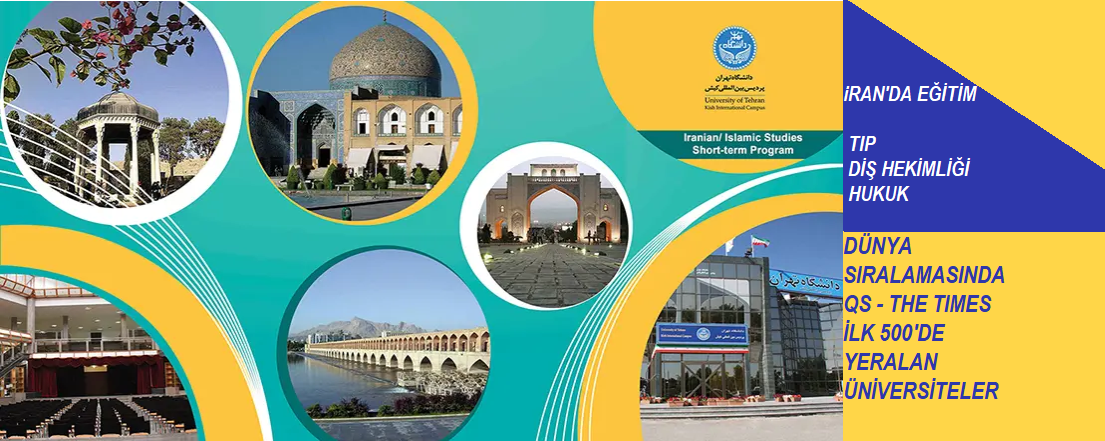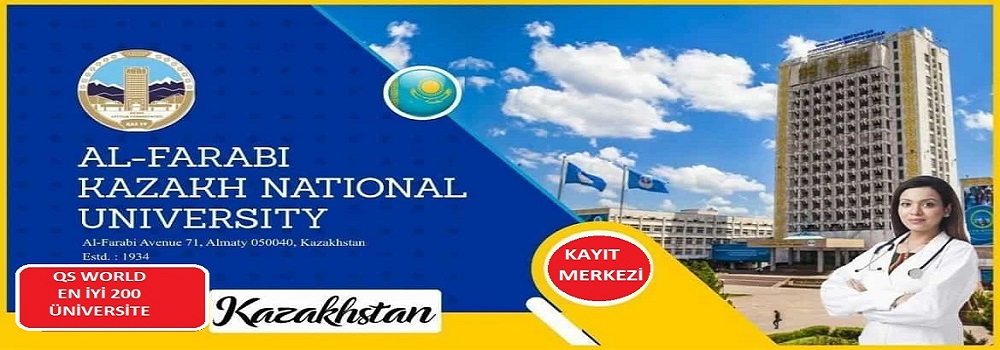Türkiyede Eğitim yabancılar uyruklu için
Higher Education in Turkiye
In this article, we'll cover higher education in Turkey in more detail, including its specific features and the academic degrees awarded upon graduation.
In 1981, the new Higher Education Law (No. 2547) completely overhauled the higher education governance system in Turkey. The system became centralized, and all higher education institutions were affiliated with the Council of Higher Education (CoHE). After completing high school, students can enroll in a higher education institution that is compatible with the Bologna three-step system.
Types of Higher Education Institutions
Faculty (College): A unit that conducts higher education, research, and publications. Various departments and programs may be affiliated with this. Students receive a bachelor's degree upon completion of an educational program that lasts at least four years.
Graduate School: An institution within universities that conducts graduate education, research, and applications. Graduate schools award master's, master's, or doctoral degrees.
- İstanbul University
- Nisantasi University
- Bilgi University
- Yeditepe University
- Boğazici University
- Associate's degree (short cycle): awarded upon completion of a two-year study program. Associate degree programs are offered by universities and vocational schools. Some distance learning programs are also available. Associate degree programs may require a period of on-the-job training
- Bachelor's degree (1st cycle): awarded upon completion of a four-year program and 240 ECTS (European Credit Transfer and Accumulation System) credits. Dentistry, veterinary medicine, and pharmacy require five years of study, while medicine requires six years. A qualification in these four fields is considered equivalent to a master's degree.
- Master's degree (2nd cycle): a two-year program leading to a master's degree. There are two types of master's programs: with and without a thesis. A master's program with thesis is a two-year program, typically consisting of courses totaling at least 120 ECTS, followed by a thesis. Non-thesis programs must be completed within one to one and a half years and require completion of a minimum of 90 credits of postgraduate courses and a project term.
- Mastery in Art: This is a minimum six-semester master's degree program in the visual and performing arts, making it equivalent to a doctorate. It requires the submission of an original work of art or (in music and the performing arts) a superb, creative performance.
For detail information please contact with Us '' Batı Akdeniz Yurtdışı Eğitim Danışmanlık Consultancy''







